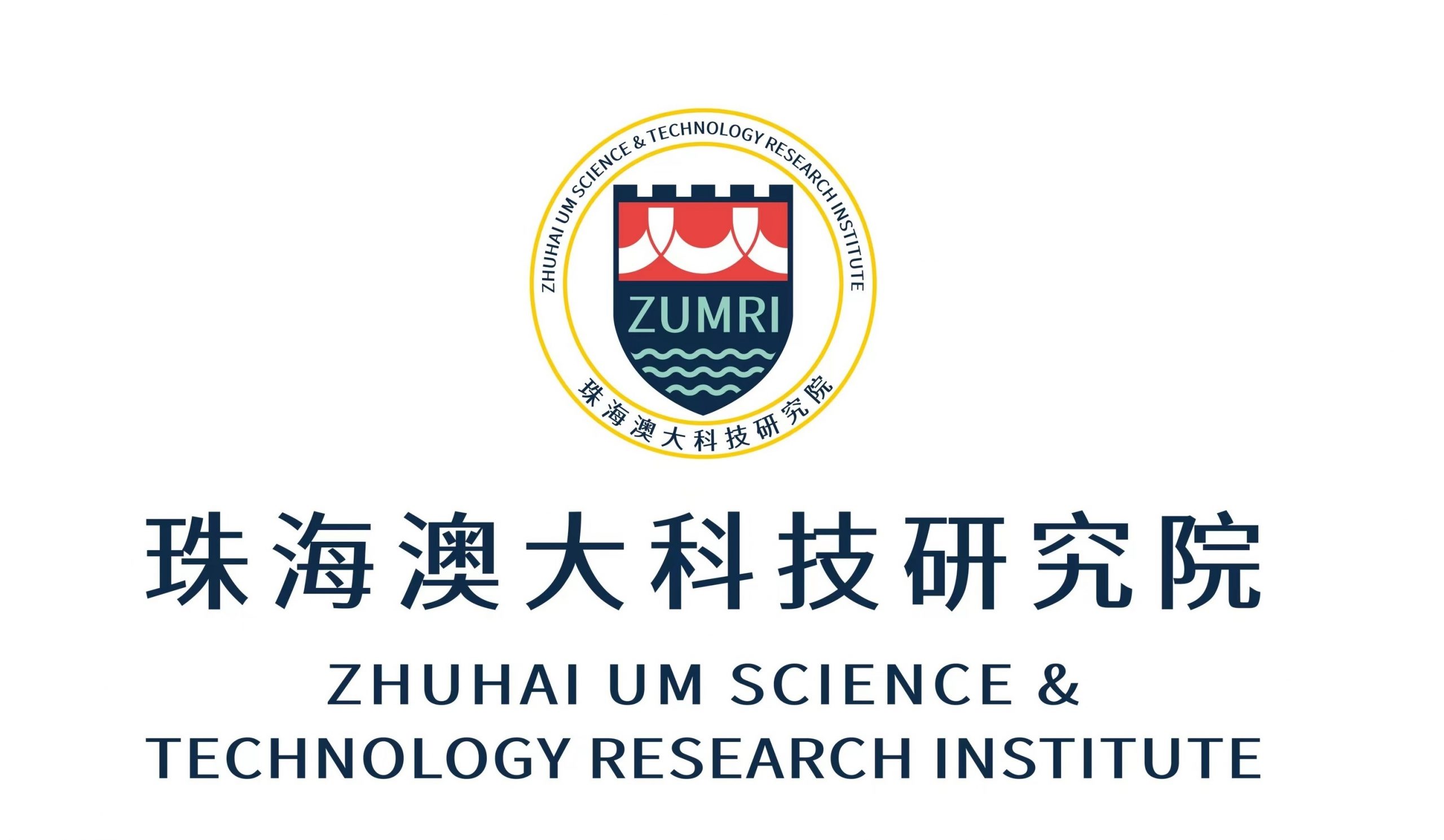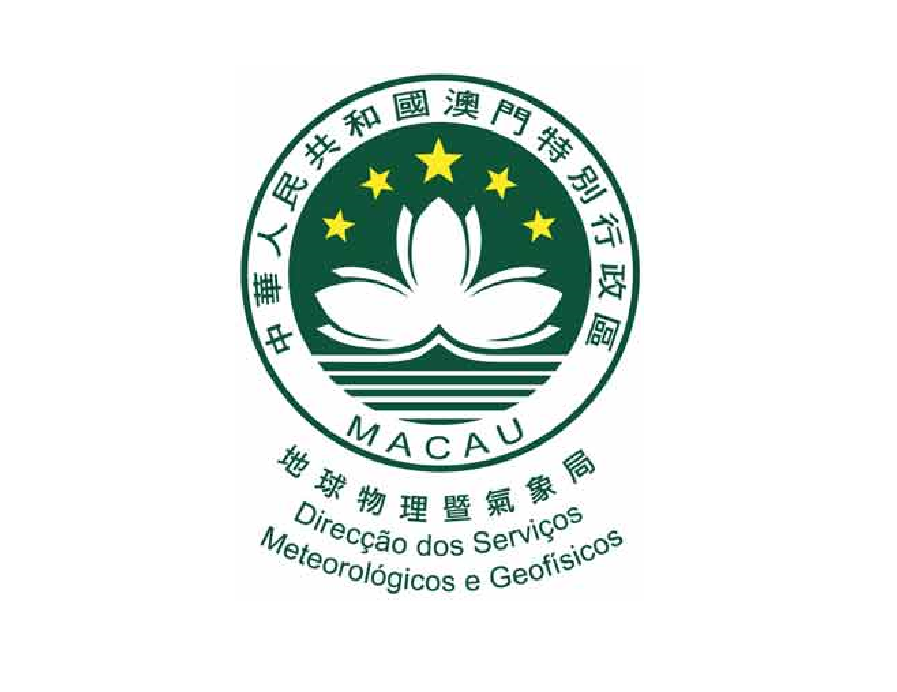Urban Safety and Disaster Prevention Track
With climate change, the frequency and intensity of natural hazards such as tropical cyclones, extreme precipitation and geological disasters keep increasing. Urbanization brings about more exposure to these natural hazards, leading to rising risk. Besides the threats from natural hazards, infrastructure safety becomes an emerging problem with the aging of existing structures and new construction in high-density urban region and harsh environments due to expansion of human activity. To cope with the above challenges in protecting urban public safety, advances in both basic hazard mechanics and multi-disciplinary research have been achieved in recent years. New “smart” technologies such as IoT, big data and artificial intelligence gradually play an important role to shape new strategies for disaster mitigation. Therefore, this track aims at promoting the discussions on the latest developments in the fundamental mechanics, new technologies, and promising practices in fields of structural health monitoring, geotechnical engineering safety, and ocean disaster mitigation with the objective of building a safer living environment in future smart city.
Invited Speakers (in alphabetical order)

Marco BARLA
Professor
Politecnico di Torino, Italy
Talk Title: Managing climate change impacts on landslides in Alpine areas by using a machine learning-based approach and detection sensors
Marco Barla is a Full Professor of Geotechnical Engineering at the Politecnico di Torino (Italy) and an expert consultant for tunnelling and slope stability problems. He is the Editor in Chief of the ASCE International Journal of Geomechanics, author of a textbook, holds two patents (Enertun and Geothermskin) and published two hundred scientific papers. He gained more than 20 years of professional experience also as a consultant and founder of Geosolving srl.

Binbin LI
Assistant Professor
Zhejiang University, China
Talk Title: High Dimensional Bayesian Inference for Model Updating
Binbin Li (Ph.D., UC Berkeley, 2016) is an assistant professor in the ZJU-UIUC Institute, Zhejiang University, China. His research focuses on developing innovative statistical methods to address safety, sustainability and resilience issues of the built civil infrastructure. His specific interests include Bayesian system identification, operational modal analysis, and large-scale simulation.

Tomonori NAGAYAMA
Professor
The University of Tokyo, Japan
Talk Title: Infrastructure Assessment Using AIOT Technologies
Tomonori Nagayama obtained his B.S. (2000) and M.S. (2002) in civil engineering from the University of Tokyo and his Ph.D. (2007) in civil and environmental engineering from the University of Illinois at Urbana-Champaign. He is currently a professor in the Department of Civil Engineering at the University of Tokyo.

Shunqi PAN
Professor
Cardiff University, UK
Talk Title: Modelling the fluid-strucutre interaction for WEC using Lattice Boltzmann Method

Xiaohui QI
Assistant Professor
Northumbria University, UK
Talk Title: Shallow Landslide Susceptibility Analysis Using Physically Based Models

Ping SHEN
Assistant Professor
University of Macau, China
Talk Title: Low-cost urban flood monitoring and prediction without drainage network data: Application in Macao

Jie ZHANG
Associate Professor
Tongji University, China
Talk Title: Impact of Recovery Strategies on Resilience of Road Network Subjected to Rainfall-induced Landslides
Professor Jie Zhang is the director of the Ministry of Education Key Laboratory of Geotechnical and Underground Engineering, Tongji University, China. His expertise is on geotechnical reliability and risk assessment. He is currently the Vice-Chair of the Risk Committee of the International Society of Soil Mechanics and Geotechnical Engineering.

Bo ZHAO
Research Assistant
Institute of Mountain Hazard and Environment, Chinese Academy of Sciences, China
Talk Title: Comprehensive understanding of landslides induced by the 2022 Luding earthquake
Bo Zhao is currently working as an associate research fellow in Institute of Mountain Hazards and Environment, CAS. His research interests include regional landslide evolution and mechanism of large landslides. He has already published over 40 journal papers, and is listed in Stanford/Elsevier’s Top 2% Scientist Rankings 2023.

Wangbao ZHOU
Professor
Central South University, China
Talk Title: VHXLA: A Post-Earthquake Damage Prediction Method for High-speed Railway Track-bridge System Using VMD and Hybrid Neural Network

Xinqun ZHU
Associate Professor
University of Technology Sydney, Australia
Talk Title: Recent Developments in Drive-by Bridge Health Montoring














